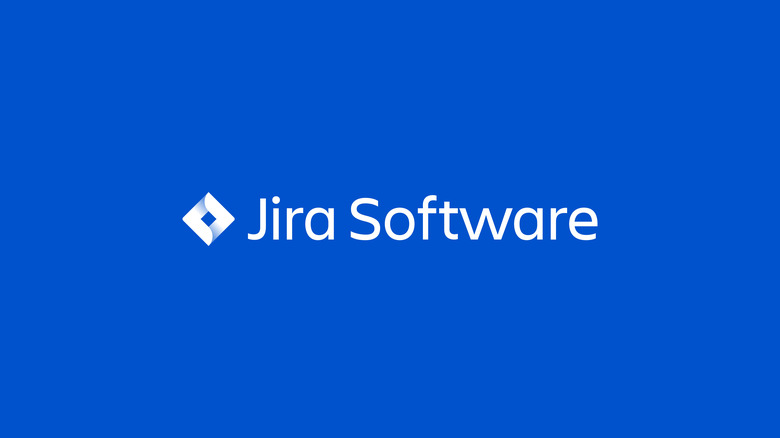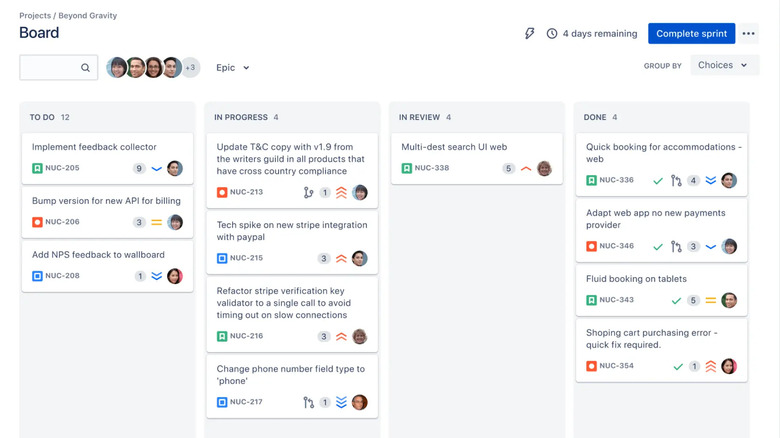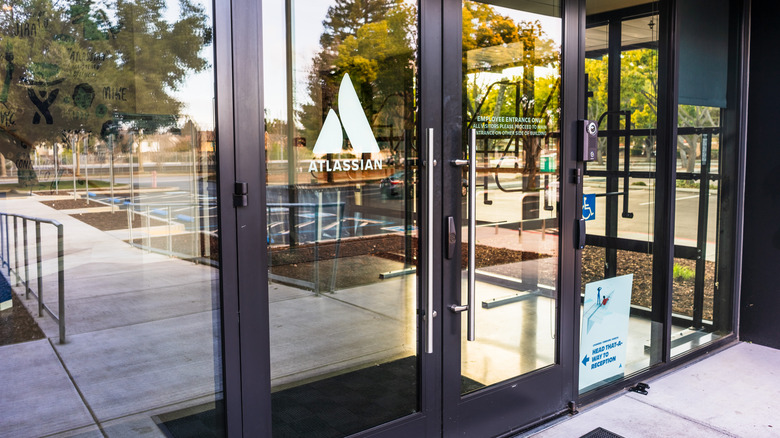Who Makes Jira Software & What Features Does It Offer?
Jira Software is made by the Atlassian Corporation, an Australian enterprise software company that was founded in 2002 by Mike Cannon-Brookes and Scott Farquhar, both of whom are graduates of the University of New South Wales. Also known Jira, it is a project management tool with roots in bug and issue tracking. It's aimed primarily at collaborative software development, but it can also be used for other projects where collaboration between multiple teams is key.
The name (pronounced JEE-ra) of the software is a shortened form of the Japanese word for Godzilla, Gojira. It emerged as an in-house joke about the popular bug-tracking software Bugzilla (developed by the Mozilla Foundation) that was used by Atlassian before the company developed its own such software and named it Jira. Earlier called JIRA, the tool is now called Jira Software, to disambiguate it from the other Jira-branded services that are part of the project management tool (such as Jira Align and Jira Service Management), as also to remove the confusion that it was an acronym, which was caused by the original all-caps spelling.
It's focussed on the "Agile" methodology of software development, which was envisioned in 2001 as a lightweight software development method to replace the earlier heavyweight, documentation driven "Waterfall" methods. Atlassian says the software is useful for both Agile and waterfall methodologies, but a lot of the marketing focuses on the Agile side of things. Atlassian claims that Jira Software has been used by over 65,000 companies.
What features does Jira Software offer?
The main function of Jira Software is to help "Agile teams build and support world-class software," Atlassian notes. It's an "Agile project management tool" that is used for product and issue tracking. The tool offers Scrum and Kanban Agile boards to help break down large projects across multiple teams and stakeholders, aimed at visualizing workflows (something Notion is also good at if you have the right productivity templates). Jira Software features also include other project planning tools like roadmaps and timelines, which are a part of integrated tools like Jira Product Discovery, Jira Plans, and Jira Align.
Jira Software also offers Agile reports and dashboards for real-time project insights. Software development features include the ability to view repositories, track development statuses, as well as DevOps tools. Atlassian says Jira is useful for more than just software development, like the management of campaigns, IT requests, and design workflows, apart from custom operating process creation. Other than the features that Atlassian develops, the Atlassian Marketplace has over 3,000 apps that can be integrated with company software like Jira.
Jira Software is free for up to 10 users, and provides features like unlimited project boards, backlog and timeline, reporting and insights, community support, and 2 GB of storage. The Standard plan costs $8.15 per user, for up to 50,000 users, and adds features like user roles and permissions, and up to 250 GB of storage. For a full breakdown of the features available across different plans, visit the Jira pricing page.
History of the Atlassian Corporation
Atlassian was named after the Greek Titan, Atlas. Today, the company has over 10,000 employees in 13 countries, and over 260,000 customers (including NASA, VISA, and Domino's) across its products. The first product launched by Atlassian was in 2002, Jira 1.0, meant for issue tracking and project management. In 2003, the company released Confluence 1.0, a team collaboration platform. The company bought Bitbucket in 2010, a hosted code collaboration provider for the Mercurial distributed version control system. In 2011, the company released the first cloud versions of Jira and Confluence. In 2017, Atlassian acquired Trello, a visual project and task management tool similar to competitors like Todist and Any.do.
Atlassian went public in 2015, listed on NASDAQ as "TEAM". Other products offered by the company include Opsgenie, an incident management platform; Sourcetree, a Git and Mercurial desktop client; Statuspage, a customer and stakeholder communication tool; Compass, a distributed software solution; Bamboo, a continuous delivery and release management tool; Crucible, a peer code review tool, and Crowd, a single sign-on and identity management tool. One of its top products is Trello, which is one of most popular apps for improving productivity.


